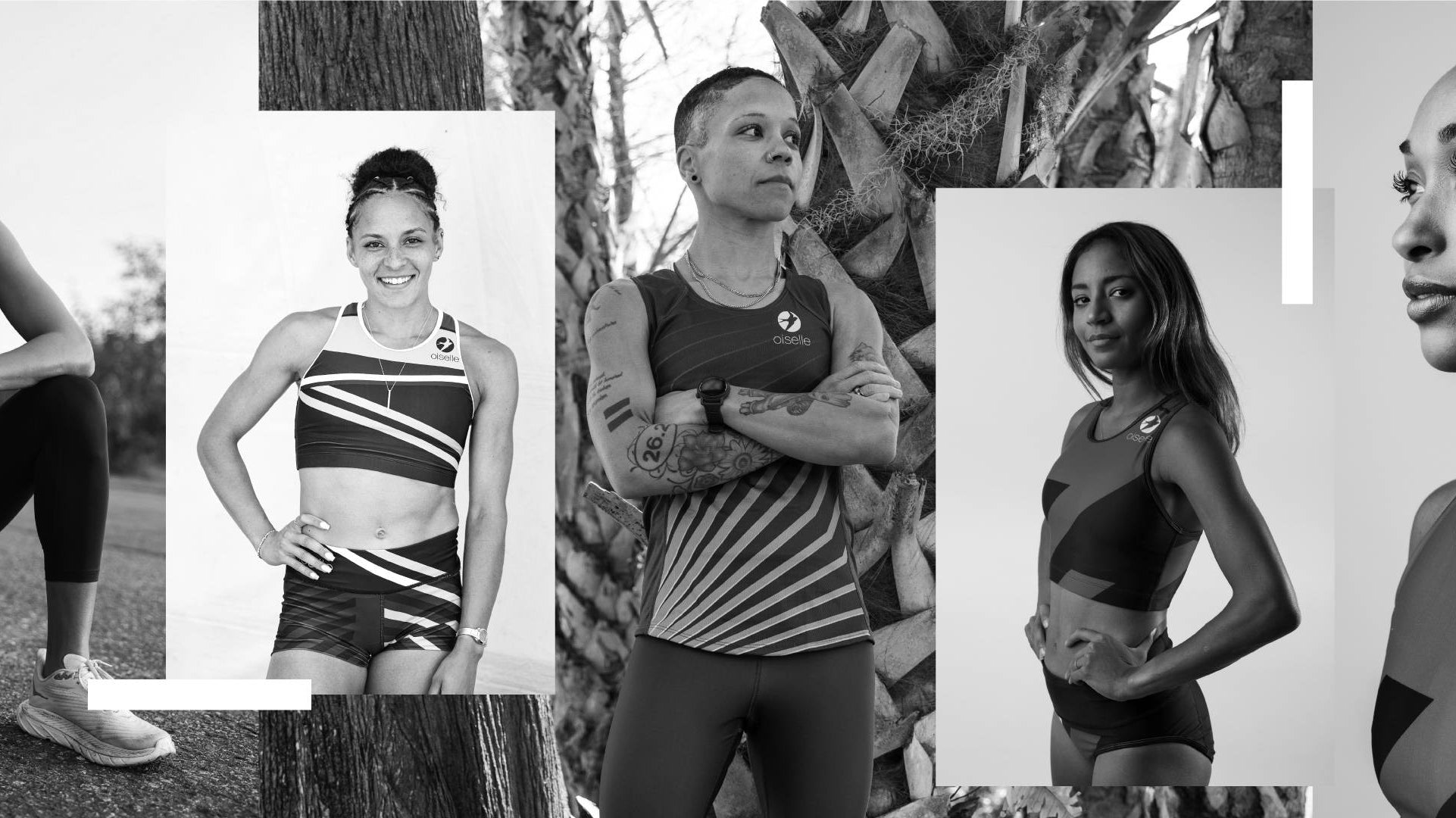Unlike many countries, the US government does not fund or support Olympic hopefuls. And while hundreds of millions of dollars flow through the US Olympic & Paralympic Committee (USOPC), those funds mostly dry up before making it to those the Olympic Movement claims to cherish: the athletes (Where All the Olympic Money Goes, Washington Post).
Without government or meaningful Olympic organizer support, most athletes turn to personal sponsors, including any number of sports or wellness brands. But there are a lot of limitations and it’s a tough go. What it boils down to is this: the bigger the event/meet/race, the less visibility is allowed for the personal sponsor. At the Olympic Trials, for example, the personal sponsor logo can be no bigger than 30 square centimeters, barely visible. The personal sponsor must only be a shoe or apparel company. And more. Without visibility for personal sponsors, the market value of the athlete is depressed, making it difficult for many to make a living.











Comments
Let’s roll up our sleeves and see if we can shake up some change! I’ve found that letter writing and petitions can be a good place to start. So… where to start?
Thank you for sharing this information! More people need to know about these absurd rules. Is there anything we can do to help change them?